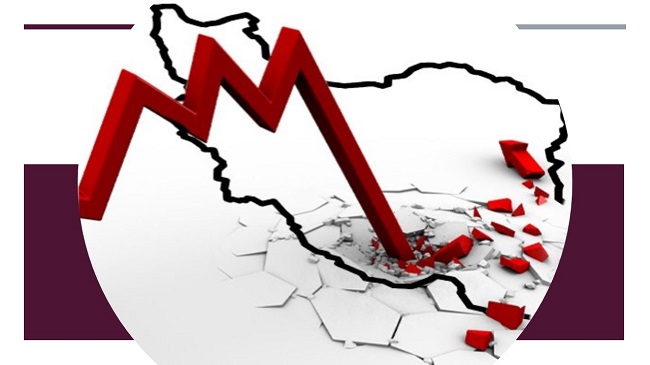There are many crises currently plaguing the Iranian economy, causing inflation, negative growth, and rising prices, which means that some 60 million Iranians are now stuck in poverty, with some of this being shown in the recent protests by farmers and ranchers over intense water shortages and the shortage and high cost of livestock feed.
The Tejarat daily wrote: “Unfortunately, for many years we have witnessed a bitter experience when protesting farmers pour their milk into the streets or slaughter their livestock, leaving it there in protest. We have witnessed farmers that dump their crops on the ground in front of agricultural offices.”
Of course, the Iranian regime benefits from this because the officials and their affiliates import agricultural products without paying the appropriate taxes, which means that they are able to profit considerably off the Iranian people’s desperate need for food.
It’s now so bad that experts are predicting that just one more thing could be the breaking point.
The state-run Etemad daily wrote: “Iran’s economy is now being held hostage to the interests of the mafias, and people are losing out. We are witnessing greedy parties, brokers and corrupt figures seeking to take full control over the power structure. The main issue is that Iran’s economy is in the hands of the unproductive. Rent-seekers are suffocating the economy while pocketing mass revenues.”
The Iranian mafia, which is the regime and their affiliates, are trying to isolate the country in order to steal the remaining money from the Iranian people, which is why they haven’t made the investments necessary to grow the economy and, effectively, made the country an island, according to the Akhbaresanat daily.
The Donyay-e-Eghtesad daily quoted an official in charge of Iran’s merchants and traders affairs as saying: “Today we do not have stable exports and imports from neighbouring countries and across the globe. Nor do we define a reciprocal flow for any of the countries and international unions in trade agreements.”
Of course, the regime’s recent presidential candidates have all promised to fix the economy, but this is completely untrue because even if the regime could do something to solve the problems, they wouldn’t.
A regime economist said. “If these slogans are implemented in 2025, they will result in nothing more than creating new turmoil in the budget, banking, financial, social and economic systems. The country’s economic problems will not be solved by providing more subsidies and loans… As long as there is no investment, there is no potential to use it.”
